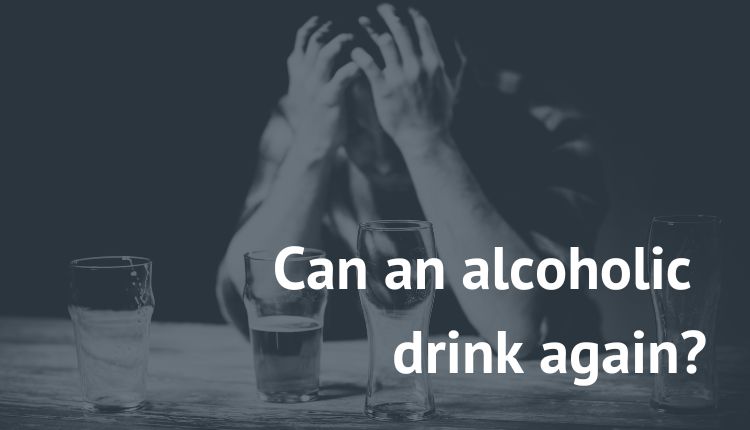Exploring Different Theories
Can an alcoholic ever drink again? It’s a question as old as the invention of wine. AA groups have a saying: you can’t unpickle a cucumber. It means once you’re an alcoholic, you can’t go back to drinking normally. This saying rings true for many facing alcohol use disorder (AUD). For some, the path to recovery means accepting that the days of casual drinking are behind them. But is there a way back? Let’s explore various theories.
The Abstinence Model
The abstinence model is perhaps the most well-known approach to treating AUD. This model asserts that for someone diagnosed with AUD, the safest and most effective path is complete abstinence from alcohol. This approach is supported by organizations like Alcoholics Anonymous (AA) and many rehab centers.
Research Support: A study published in the journal *Addiction* found that individuals who abstained from alcohol after treatment had significantly better outcomes than those who attempted to drink moderately. This research suggests that abstinence can lead to more stable and long-term recovery.
The Moderation Management Approach
Contrary to the abstinence model, the moderation management approach advocates for controlled drinking. This model is based on the belief that some individuals with AUD can learn to drink in moderation without relapsing into problematic behavior. This approach is less common but has garnered attention in recent years.
Research Support: A study in the journal *Psychology of Addictive Behaviors* explored the outcomes of individuals attempting moderation management. The results indicated that a subset of participants was able to maintain moderate drinking without relapse over a year-long period. However, the study also noted that this success was not universal, and many participants returned to heavy drinking.
The Harm Reduction Model
Harm reduction is another approach that focuses on reducing the negative consequences of drinking rather than insisting on complete abstinence. This model accepts that some individuals may continue to drink but encourages safer drinking practices to minimize harm.
Research Support: A review in the *International Journal of Drug Policy* highlighted that harm reduction strategies, such as supervised drinking and alcohol education, can reduce alcohol-related harm among individuals who are not ready or able to abstain completely.
A Recovery-Informed Treatment Perspective
At New Paradigm Recovery, we understand that every individual’s journey with AUD is unique. While these models provide different paths, our approach is rooted in evidence-based practices and tailored to each person’s needs. Our recovery-informed treatment perspective emphasizes the importance of a supportive environment, personalized therapy, and continuous assessment of progress.
We recognize that complete abstinence is supported by the strongest evidence and would be the safest route for many, especially those with severe AUD. Harm reduction strategies can serve as a last resort for individuals not ready or able to abstain completely, providing interim support while working towards abstinence. Our goal is to help each person find the path that leads to the most stable and fulfilling recovery.
Ultimately, whether an alcoholic can ever drink again depends on individual circumstances. Mostly, research shows that people with AUD cannot drink casually. Even with a preponderance of evidence suggesting otherwise, many people may still want to find a way to drink again in moderation. We work to heal the underlying issues that make a person want to turn to alcohol in the first place. At New Paradigm Recovery, we are committed to helping individuals navigate complex questions like “Can an alcoholic ever drink again?” and find a path that works for them.
For more information on our treatment programs and how we can support you or a loved one in recovery, contact us today.
—
Sources:
1. Addiction Journal Study on Abstinence Outcomes
2. Psychology of Addictive Behaviors Study on Moderation Management
3. International Journal of Drug Policy Review on Harm Reduction

